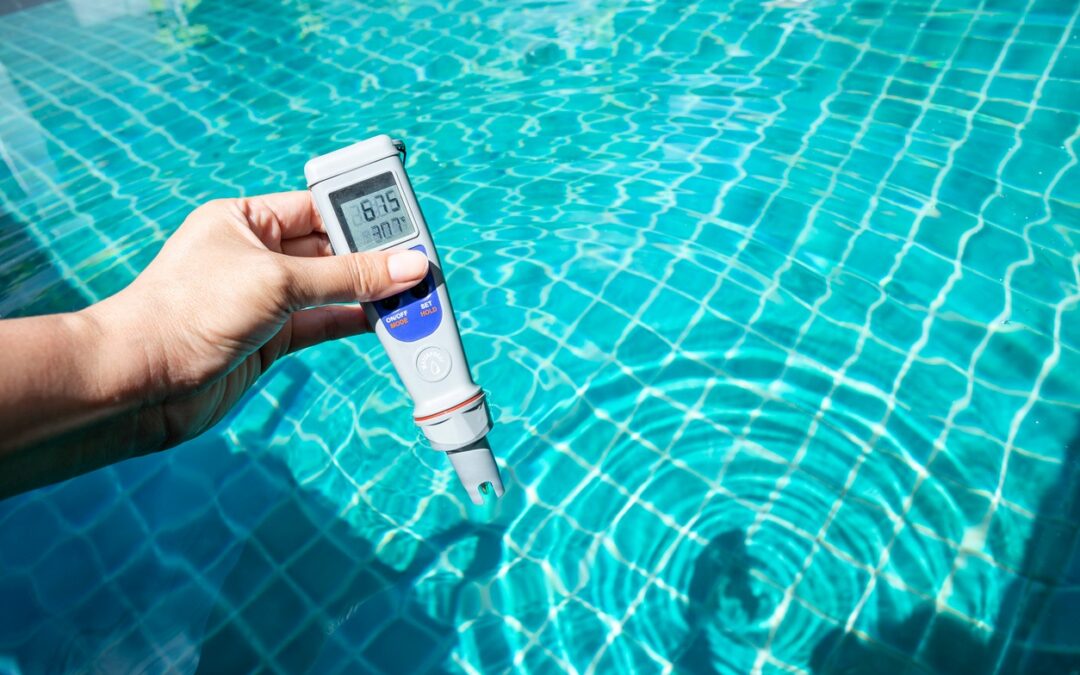This article comes from Angie’s List.
Do I Need a Pool Inspection?
A pool inspector will help identify potential hazards and necessary repairs, and advise you of options to rectify any problems. Afterwards, the inspector will give you a full written patio report, usually within a day or two of the inspection, or email you a copy.
Ask for a copy of a completed report before you hire an inspector to make sure his or her work is thorough and to your standards. When reviewing a sample report, check that the inspector has handwritten comments and not just a quick “check box” type of list.
Diagnosing pool problems
Donning an arsenal of tools and an encyclopedic body of knowledge, your inspector is like a detective for pool problems. But first, the inspector will start with the basics, identifying the:
- Pool size
- Pool depth
- Type of pool materials used in construction, such as poured cement, fiberglass, or vinyl
- Age and manufacturer
The inspector should do a visual inspection of the area around the pool and the pool itself, looking for warning signs of potential issues, such as cracks in the surface. The inspector will also check that railings, ladders and diving boards are built to standard and securely fastened, and things such as the filter casing are in good working order and properly installed. Your water will also be tested for proper levels of chlorine, calcium, pH, and alkalinity.
Check pool equipment
The “under the hood” report requires an even more detailed look at the moving parts. The plumbing inspection will check that pumps are working properly and using correct water pressure. If a problem with poor filtration or water pressure it detected, your inspector will recommend an additional round of tests by a leak detection specialist. The inspector will also look at the main drain to see if it is up to code.
The inspector will check that all motors and pumps are in working order; the timer system is properly wired and in good working order; the heater works; and check for condensation in any lighting fixtures. It’s also important to have them check that wires are properly grounded, that proper safety controls and GFIs are in place, and that all electrical codes have been followed.
Click here to view the original article.

